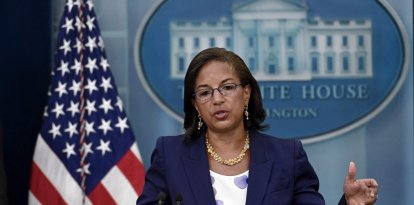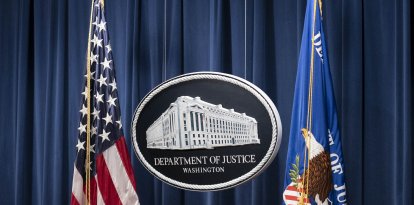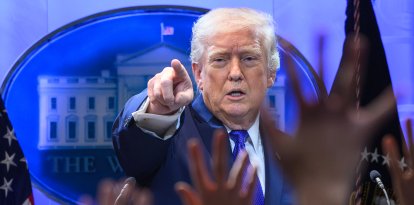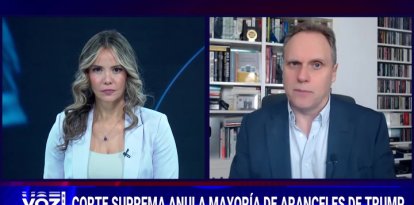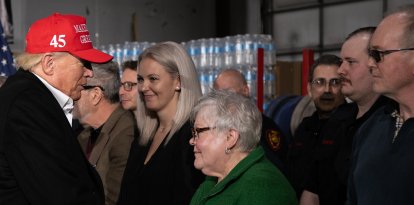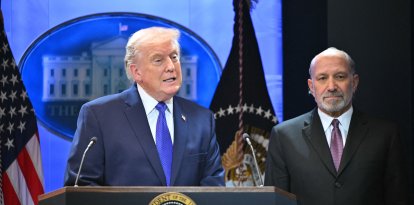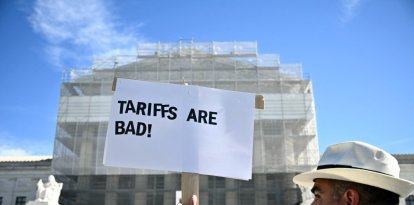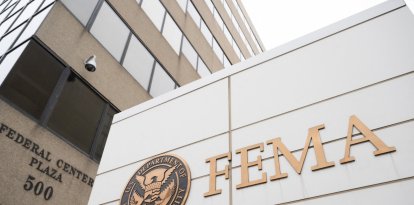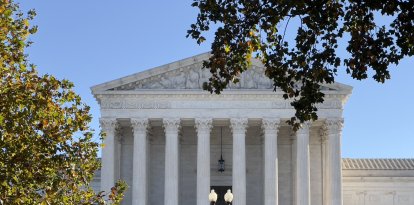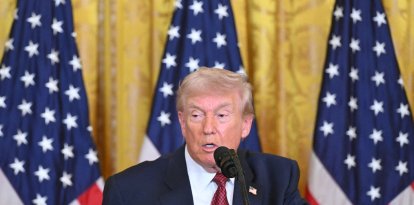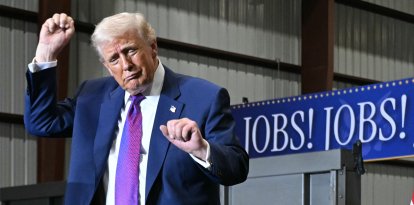Brazilian criminal gangs in the US strain relations between Trump and Lula
Trump's intention to classify these organizations as terrorists clashes with the position of Lula da Silva's government which opposes this designation.

Raid against criminal gangs in Rio de Janeiro, Brazil (file image).
In recent months, the expansion of Brazil's main criminal gangs, such as First Capital Command (PCC) and Comando Vermelho (C.V.), into the United States has generated a new sticking point in bilateral relations between Brazil and U.S. The intention of President Donald Trump, to classify these organizations as terrorists, clashes with the position of the government of Luiz Inácio Lula da Silva, which opposes this designation, exacerbating diplomatic tensions between the two leaders.
It should be noted that this comes shortly after both criminal organizations broke a truce reached last February at the end of April of this year.
The expansion of Brazilian organized crime in the U.S.
The PCC, one of Brazil's most powerful criminal organizations, has established outposts in Miami, mainly for illegal arms trafficking to the South American country, but has also extended its presence to states such as Pennsylvania and Massachusetts. These operations include money laundering and drug trafficking activities, taking advantage of maritime routes and support bases in Africa to distribute goods in global consumer markets, per a report by Argentine newspaper Infobae.
Comando Vermelho, although less centralized than the PCC, is also involved in illicit activities in the U.S., with a structure that grants greater autonomy to its regional nuclei.
The growing presence of these gangs on U.S. soil has alarmed local authorities. According to David Gamble, head of the U.S. State Department's sanctions division, meetings were held last week in Brazil to discuss the possibility of classifying the PCC and C.V. as terrorist organizations, a move that would facilitate international sanctions and asset freezes, added Infobae.
Trump's proposal and Lula's resistance
Donald Trump has repeatedly pushed the idea of including Brazilian criminal factions on the list of terrorist organizations. It is an initiative that has the backing of conservative Brazilian political personalities close to former President Jair Bolsonaro.
In Brazil, there are a lot of opposing voices accusing Lula of not being forceful enough in the fight against criminal gangs. One such voice is that of Rio de Janeiro's Public Security Secretary Victor Santos, who has accused the national government of ignoring the seriousness of the violence perpetrated by Comando Vermelho, reported Infobae.
Lula affirms that these criminal factions do not meet the criteria to be qualified as terrorist organizations.
This view of the Brazilian government has generated tensions with the Trump administration, which considers that Lula is not cooperating enough to fight transnational crime.
Tense context of bilateral relations
Relations between Trump and Lula were already marked by disagreements before this conflict. The South American country's president has expressed his concern over the government's imposition of tariffs on Brazilian products, to which Lula responded by threatening reciprocal measures.
In addition, Lula has criticized Trump's stance on international issues, such as his proposal that the U.S. take control of the Gaza Strip following the war unleashed after the Oct. 7 massacre perpetrated by the Hamas terrorist group in Israel. The Brazilian president accused his American counterpart of being a "bully" and of "wanting to rule the world."
On the other hand, Trump's proximity to Jair Bolsonaro, who could not attend the inauguration of the U.S. president in 2025 due to legal restrictions, adds a layer of complexity.
This internal political polarization in Brazil further complicates the dialogue between the two governments.
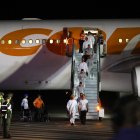
Society
Majority supports deportation of undocumented immigrants from US, Cygnal finds
Diane Hernández
The negative impact on international cooperation
The lack of consensus on the classification of criminal gangs as terrorists could hinder cooperation between Brazil and the U.S. in key areas such as the fight against drug trafficking and money laundering.
Recent operations, such as Narco Vela, which involved the U.S. Navy, the Spanish Civil Guard, the French Navy and the Brazilian Federal Police, demonstrate the importance of international collaboration to combat the maritime routes used by these organizations. However, political differences between Trump and Lula threaten to undermine these efforts.














